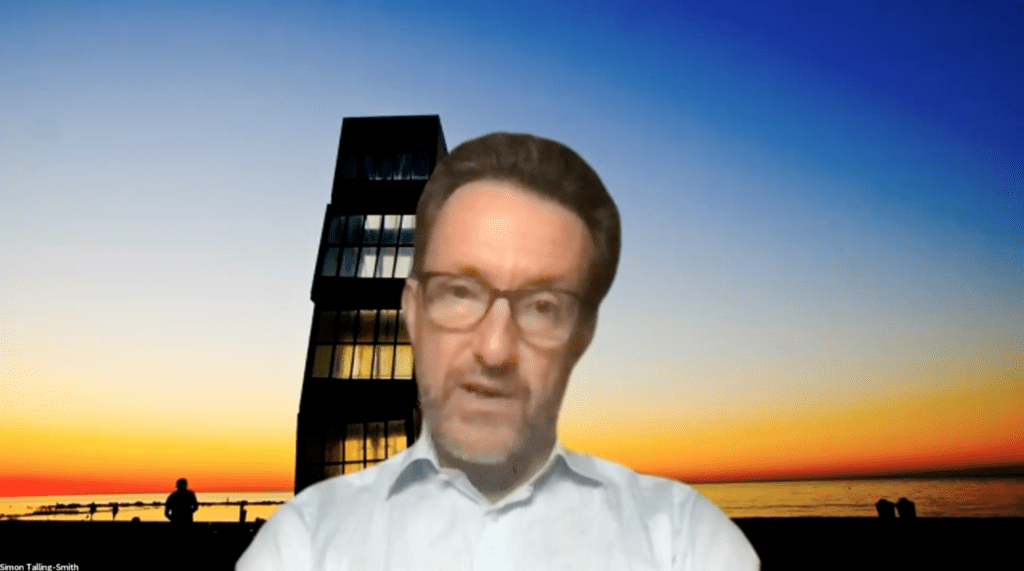An Ounce of Prevention: Addressing Future Biosecurity Concerns
Share

As the travel industry looks to rebound, what kinds of biosecurity protocols and procedures will support recovery in the near-term? A panel on “Biosecurity in the Post-Pandemic World” at Virtual Expo looks to recent case studies for clues. This article originally appeared in Expo Daily Experience. Read the full issues and register for FTE APEX Virtual Expo — the platform will remain open as a resource until January 8.
When Shashank Nigam’s father wanted to visit him in Uganda during the Ebola crisis, despite his son’s reassurance that the region he was living in was safe, his father was nervous. “It’s this fear that hits travel; that hits demand,” says the founder and CEO of SimpliFlying.
Few events have threatened the world’s biosecurity like the COVID-19 pandemic. “What can we do differently so that when the next pandemic comes, we don’t return to the old normal?” Nigam ponders.
Within the current context, Bjoern Becker, senior director of Product Management Ground & Digital Services at Lufthansa, and Volkmar Weckesser, chief information officer at genetic testing firm Centogene, think they have solutions to address our biosecurity concerns.

In June the two companies opened a walk-in COVID-19 testing facility at Frankfurt Airport with the capacity to handle 20,000 analyses per day. The goal was to eliminate testing hurdles for passengers and make travel more appealing. “Testing is much better than quarantine,” says Becker.
Facilities in Hamburg and Berlin airports soon followed, providing Centogene with key data on positivity rates per country that they can use to better focus screening efforts moving forward. Becker reports that 80 percent of Lufthansa’s customers felt safe and well taken care of during this turbulent period.
Common Ground
The much-discussed health passport is another vital part of the biosecurity equation, says Simon Talling-Smith, senior adviser at The Commons Project Foundation. The non-profit’s solution, called CommonPass, has been used on Cathay Pacific’s Hong Kong–Singapore route, as well as on United’s London–New York flights, and will soon begin further trials with JetBlue, Lufthansa, SWISS and Virgin Atlantic.

Health passports bring the industry one step closer to establishing a vital trust framework through which governments can vet each other’s biosecurity activities and confidently reopen their borders. “That involves a standardized way of tracking and verifying that trust, and that’s the framework we’re trying to set up,” he adds.
Talling-Smith expects a multitude of new health passports to appear on the market but is skeptical many will survive as standalone products. “I think it’s important that we establish a good level of interoperability and standardization so that these different solutions can talk to each other.” Ideally, they would all sync with entry requirements from one master database that governments will be tasked with keeping up to date, he adds.
Until there is widespread vaccination – something that may take a couple of years, according to Weckesser – testing and health passports are the two best options in the travel industry’s toolkit to combat pandemic-related fears. And even then, says Talling-Smith, who has seen aviation bounce back from many crises over his years in the field, the travel experience won’t be the same. “You can expect the pandemic to leave its mark for years to come.”
Review the case studies presented at “Biosecurity in the Post-Pandemic World” until January 8, 2021


